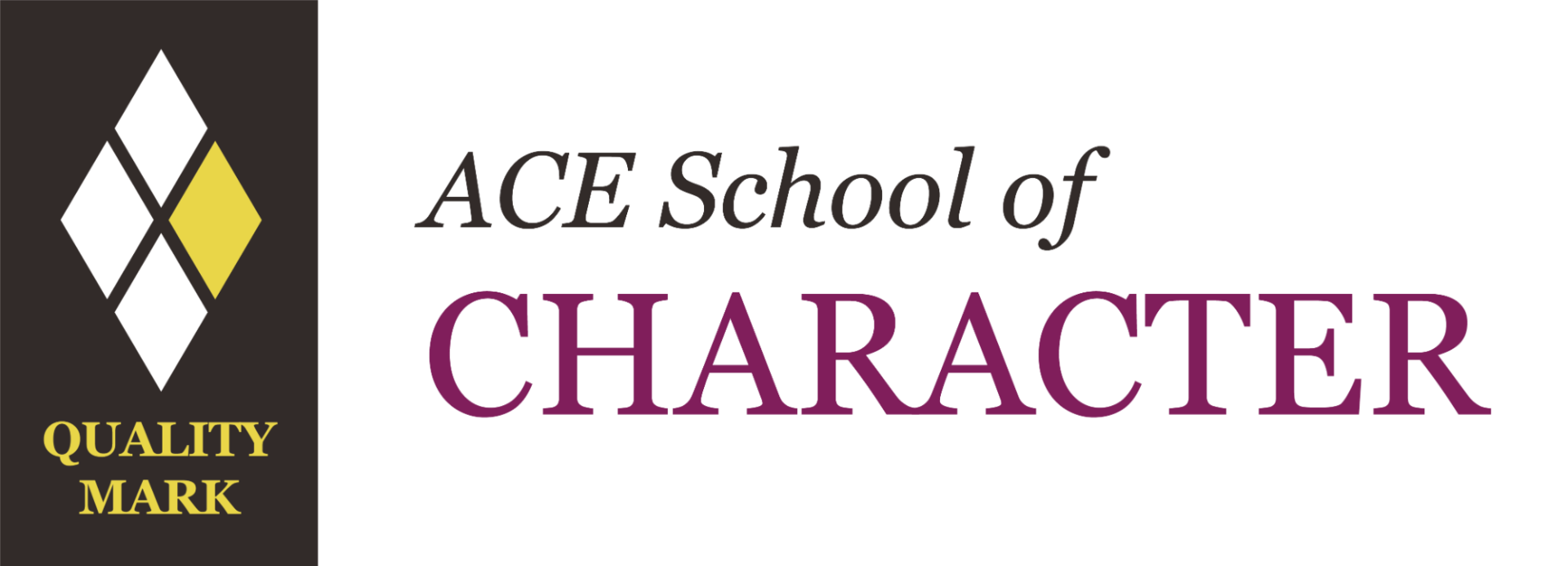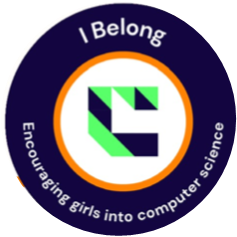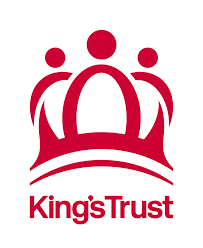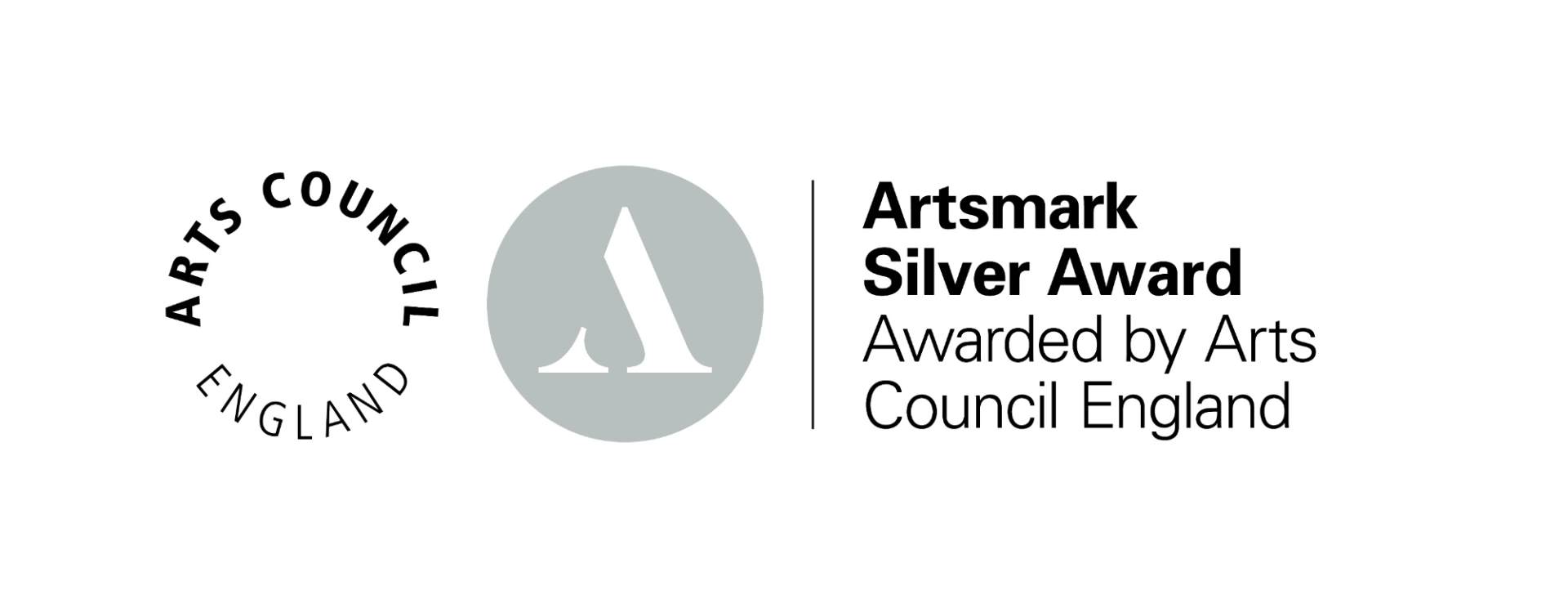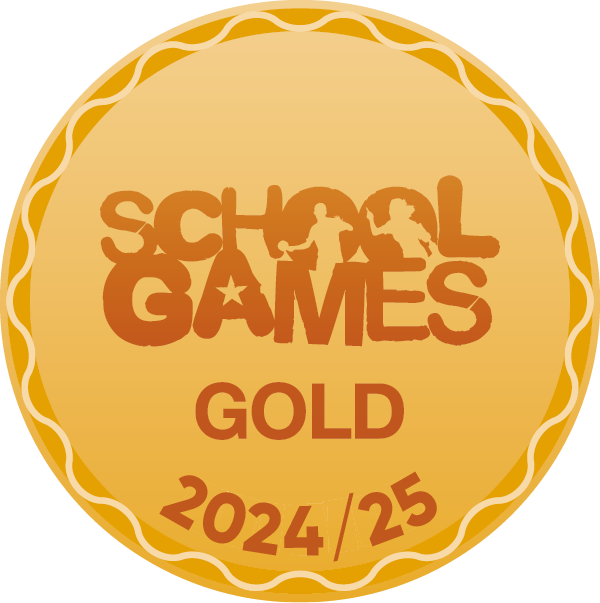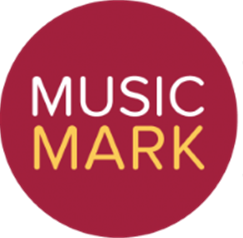Design & Technology (Raw Materials)
Curriculum Lead
Mr S Ahmad - Curriculum Lead Design & Technology
Key Stage 4 Specification
GCSE Design and Technology
Exam Board : Edexcel
Design & Technology is a creative and practical subject where students learn how everyday products are designed and made. Students design ideas, use tools and equipment, work with materials and use CAD to create real products.
Course Content:
- How products are designed to meet people’s needs
- How materials such as woods, metals, plastics, textiles and paper work
- Using tools, machines and equipment safely
- Using CAD and digital technologies (e.g., 3D printing, laser cutting)
- How to model, test and develop design ideas
- Sustainable design and how products impact the environment
- Students also specialise in one main material area (most often Timbers).
Mode of Assessment:
- NEA- Design and Make Project 50%
Completed in Year 11. Students investigate a theme, design ideas, develop a final design, and make a final product. Includes a design folder with sketches, research, testing and evaluations.
- Exam – 50% 1 hour 45 minutes. Covers core D&T; knowledge plus questions on the chosen specialist material. Includes multiple-choice, short answers and design questions.
Why Choose Design and Technology?
- Builds creativity, confidence and independence
- Develops strong problem-solving skills
- Offers hands-on learning and practical workshop skills
- Encourages teamwork, planning and design thinking
- Valued by employers and colleges
- Develop real-world problem-solving skills used in engineering, architecture, product design and manufacturing.
- Learn practical skills: woodworking, CAD, electronics, 3D printing, modelling and workshop techniques.
- Boost creativity and innovation through designing and prototyping.
- Ideal for students who enjoy designing, making and keen problem solvers.
Career Progression
Career Pathways
- A Level Product Design
- Engineering (Level 2/3)
- Graphics or Art & Design
- Construction or Manufacturing courses
Possible careers include product design, architecture, engineering, interior design, robotics, carpentry, and modelmaking






